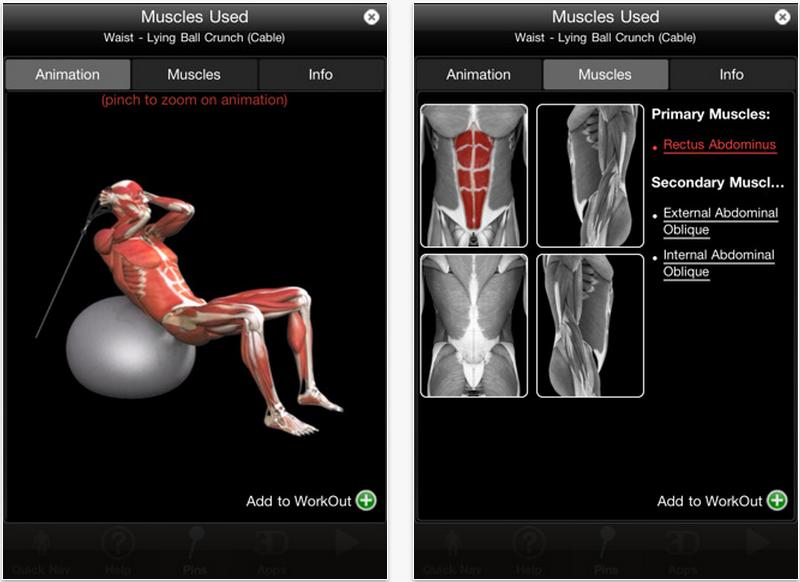
This tiny muscle helps you hear by controlling the vibration and movement of small bones in your ear. The smallest muscle is the stapedius, which is deep inside your ear. The largest muscle is the gluteus maximus (the muscle that makes up your bottom). You have all sizes of muscles in your body. The sheets give this muscle tissue a smooth appearance. In smooth muscles, these proteins appear in sheets. In skeletal muscles, these proteins come together to form a spindle shape. Smooth muscles: The proteins actin and myosin also make up smooth muscle fibers. Special cells called cardiomyocytes make up the fibers in cardiac muscles.

These types of muscles work without you having to think about them. Smooth muscles play an important role in many body systems, including the female reproductive system, male reproductive system, urinary system and respiratory system.

Be sure to see your provider regularly to screen for diseases and conditions that can lead to muscle problems. You can keep your muscles strong by maintaining a healthy weight, eating a balanced diet and getting plenty of exercise. Living a healthy lifestyle helps your muscles work like they should. Cardiomyopathy and other kinds of heart disease make it difficult for the heart to pump blood through the body.

More severe disorders can lead to paralysis. These conditions can cause muscle pain, muscle spasms or muscle weakness. Many disorders, injuries and diseases can affect how muscles work.

Your heart is a hard-working muscle that beats thousands of times a day. Other muscles allow you to breathe or digest food. Some muscles help you run, jump or perform delicate tasks like threading a needle. Different types of muscles have different jobs. You have more than 600 muscles in your body. Many stretchy fibers make up your muscles.


 0 kommentar(er)
0 kommentar(er)
